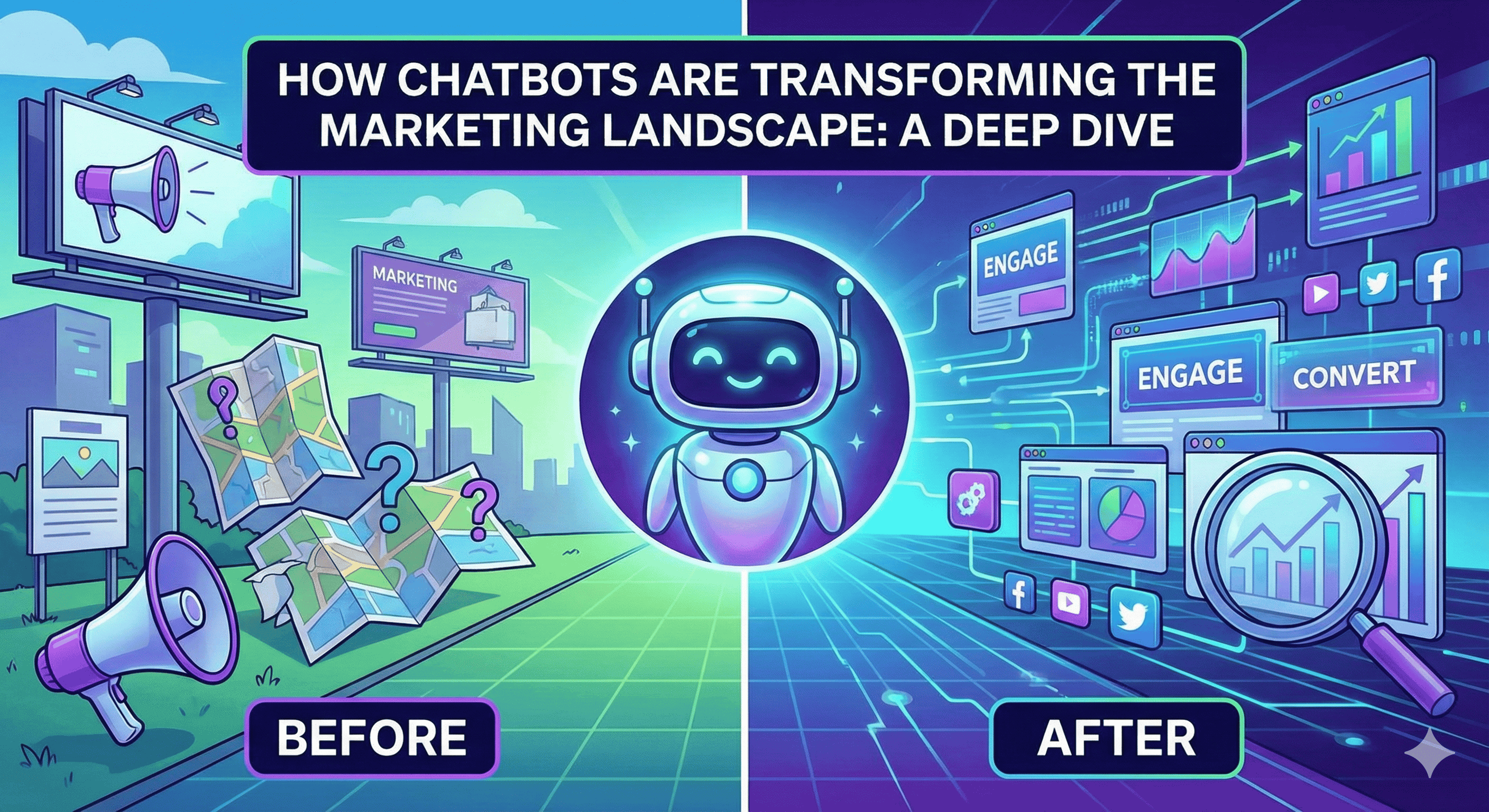In an era defined by rapid technological advancement, artificial intelligence (AI) has emerged as a game-changer in marketing. Its ability to analyze vast amounts of data, predict consumer behavior, and automate tasks not only streamlines processes but also fosters more personalized interactions. As businesses navigate the complexities of the digital age, harnessing AI has become crucial for developing effective marketing strategies that resonate with today’s tech-savvy consumers.
The Evolution of Marketing in the Digital Age
Traditional marketing strategies often relied on broad demographics to craft messages that appealed to the masses. However, the rise of digital platforms has shifted the focus towards precision and personalization. Consumers today expect tailored experiences, prompting marketers to seek innovative solutions that can meet these demands. This is where AI steps in, transforming how brands connect with their audiences.
Data-Driven Insights
AI’s capacity for data analysis is unparalleled. Machine learning algorithms can sift through mountains of data—behavioral metrics, purchase history, online interactions—to uncover patterns and insights that would take humans considerable time to identify. Tools like predictive analytics allow marketers to anticipate customer needs, leading to more informed decision-making.
For instance, companies like Netflix and Amazon use AI to analyze viewing and buying behavior, enabling them to provide recommendations that feel personal. This not only enhances customer satisfaction but also increases conversion rates, proving that understanding consumer behavior through data is paramount.
Personalization at Scale
One of the significant advantages of AI in marketing is the ability to customize marketing messages and campaigns dynamically. AI tools can automate the creation of personalized content for various customer segments, ensuring that the right message reaches the right audience at the right time.
For example, email marketing platforms equipped with AI can analyze a user’s past interactions and tailor content that resonates with their preferences. This increases engagement rates and fosters loyalty by making consumers feel understood and valued.
Chatbots and Customer Service
AI-driven chatbots have revolutionized customer service, providing instant responses to inquiries at any hour. These virtual assistants not only enhance user experience but also collect data on frequently asked questions and customer concerns, giving businesses further insights into their clientele.
Brands that have implemented chatbots, such as Sephora and H&M, can engage customers without the usual time constraints of human agents. This accessibility drives sales and builds brand loyalty, as customers appreciate timely support.
Streamlining Advertising
AI is also transforming how brands manage and optimize advertising campaigns. Programmatic advertising utilizes AI algorithms to automate the buying and selling of ads, ensuring that marketing budgets are spent efficiently. By analyzing real-time data, AI can adjust bids and target specific audiences, optimizing reach and maximizing return on investment (ROI).
Social Media Strategy Enhancement
Social media platforms are a treasure trove of consumer insights, and AI enables marketers to tap into these resources effectively. AI algorithms can analyze trends, sentiment, and engagement levels across various platforms, allowing marketers to tailor their content and strategies accordingly.
Brands like Coca-Cola have successfully used AI to create social media content that resonates with their audience, driving organic engagement. By constantly learning from user interactions, AI optimizes social media strategies for greater impact.
Ethical Considerations
While the benefits of AI in marketing are substantial, ethical considerations must also be taken into account. Issues surrounding data privacy and the potential for biased algorithms necessitate transparent practices and responsible use. Brands must prioritize ethical standards to maintain consumer trust in an increasingly AI-driven landscape.
Future Trends: Looking Ahead
The future of marketing in the digital age will be heavily influenced by advancements in AI technology. As machine learning and natural language processing continue to evolve, marketers will benefit from even deeper insights and more sophisticated automation.
Emerging trends like voice search, augmented reality, and hyper-personalization are expected to take center stage. Brands that stay ahead of these trends will be well-positioned to engage consumers in innovative and effective ways.
Conclusion
The integration of AI into marketing strategies marks a significant shift in how brands engage with consumers. By harnessing data-driven insights, personalizing experiences, and streamlining operations, businesses can create compelling marketing campaigns that resonate in the digital age. As technology continues to advance, the brands that embrace AI will not only thrive but redefine the future of marketing.









